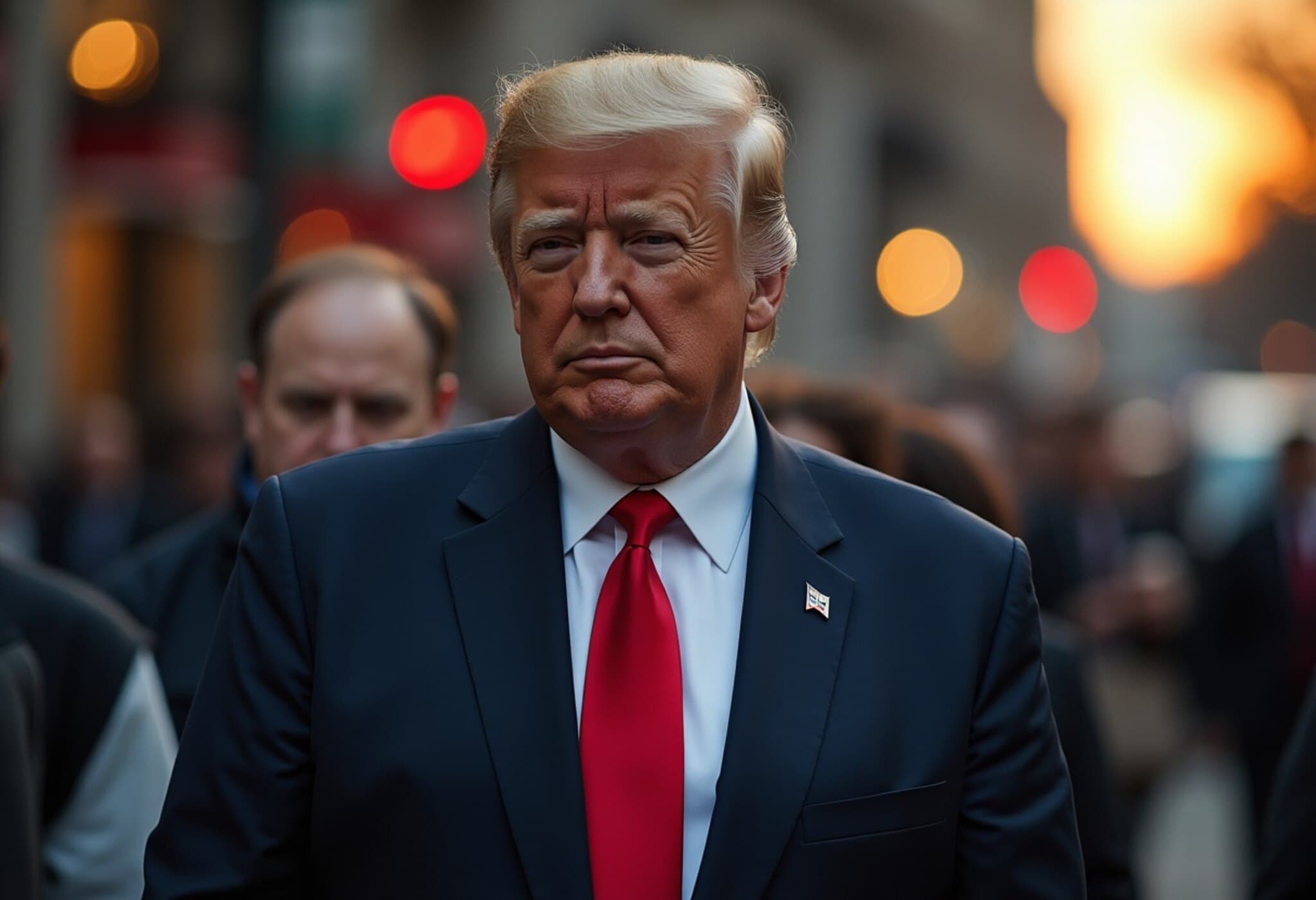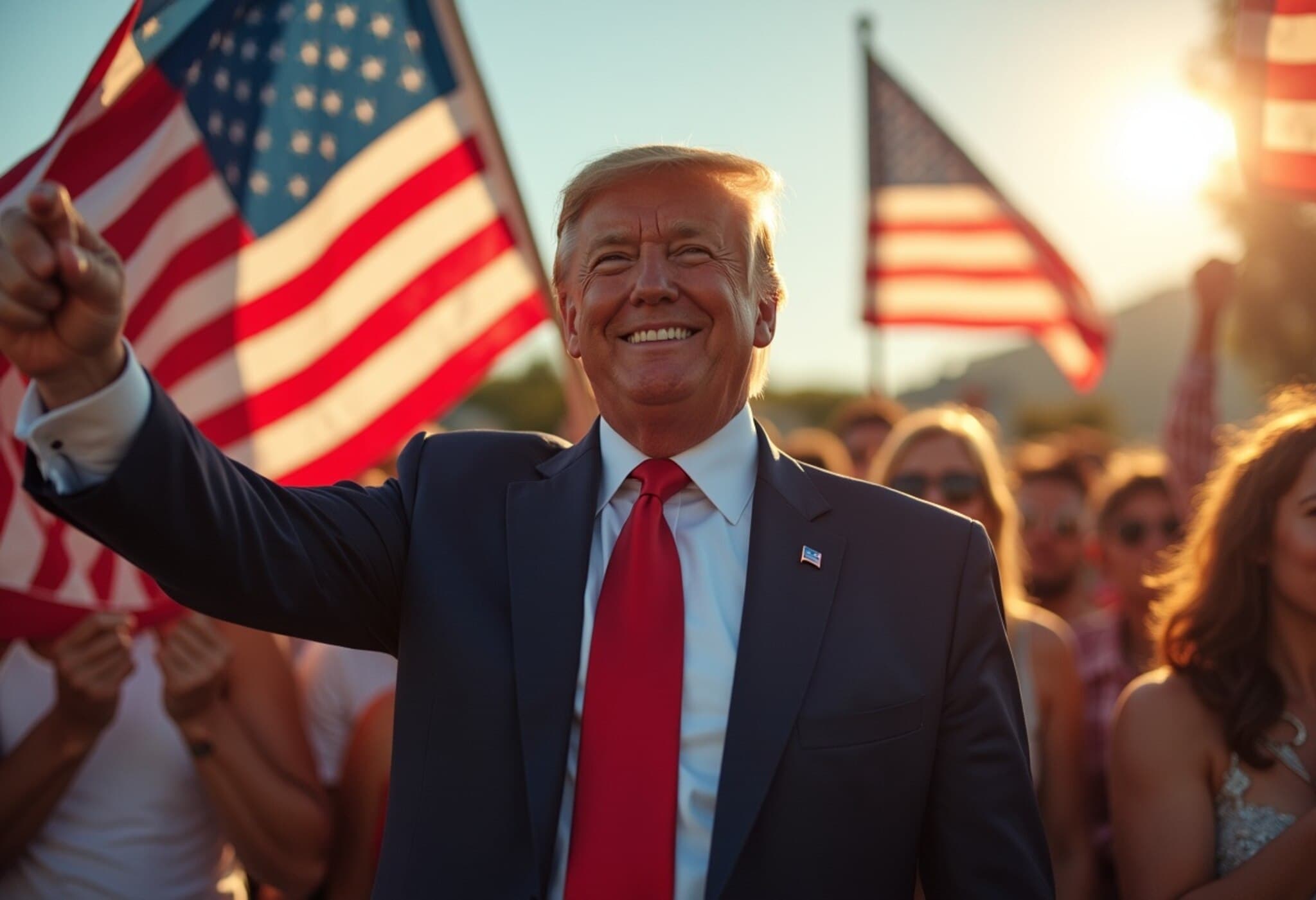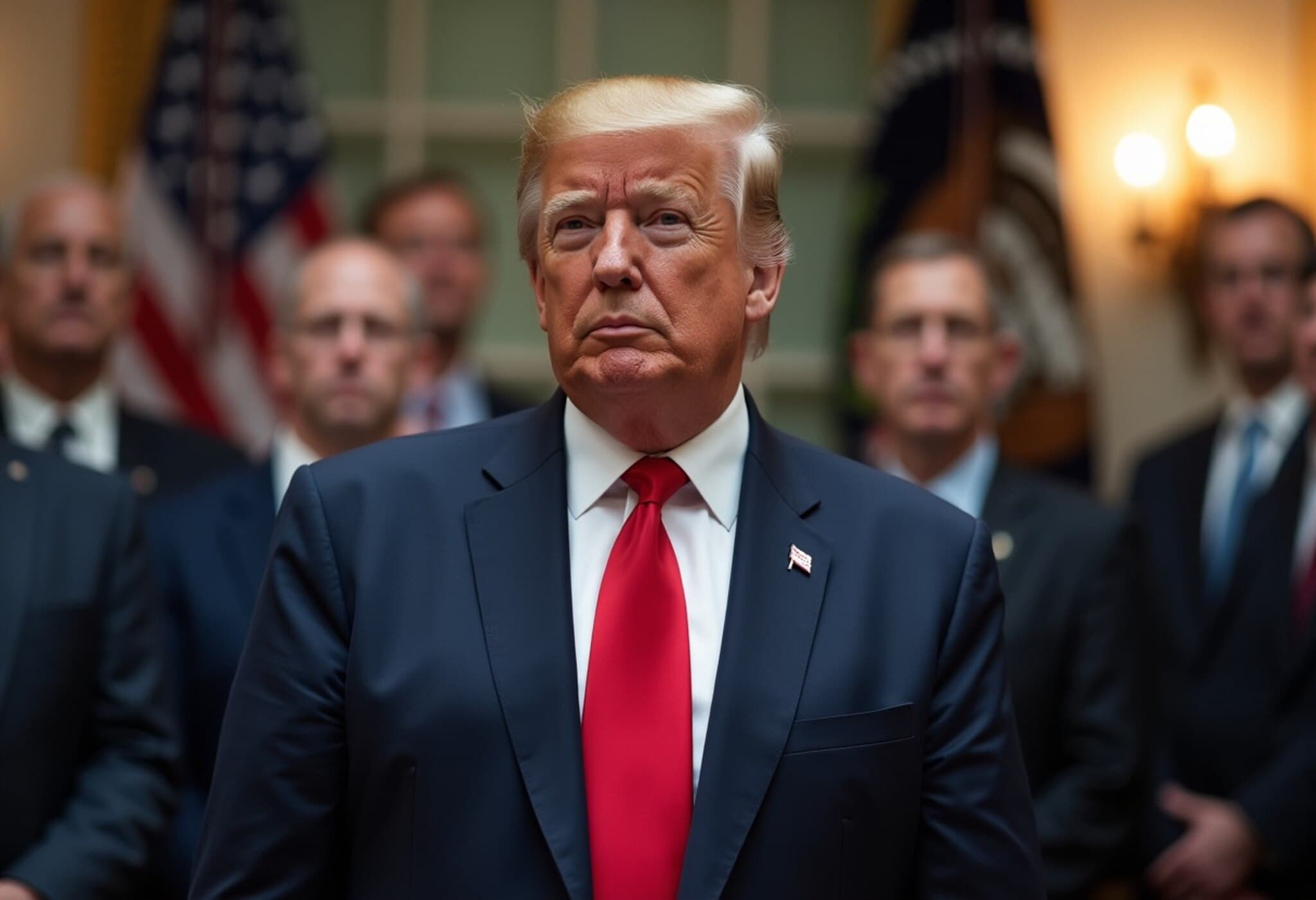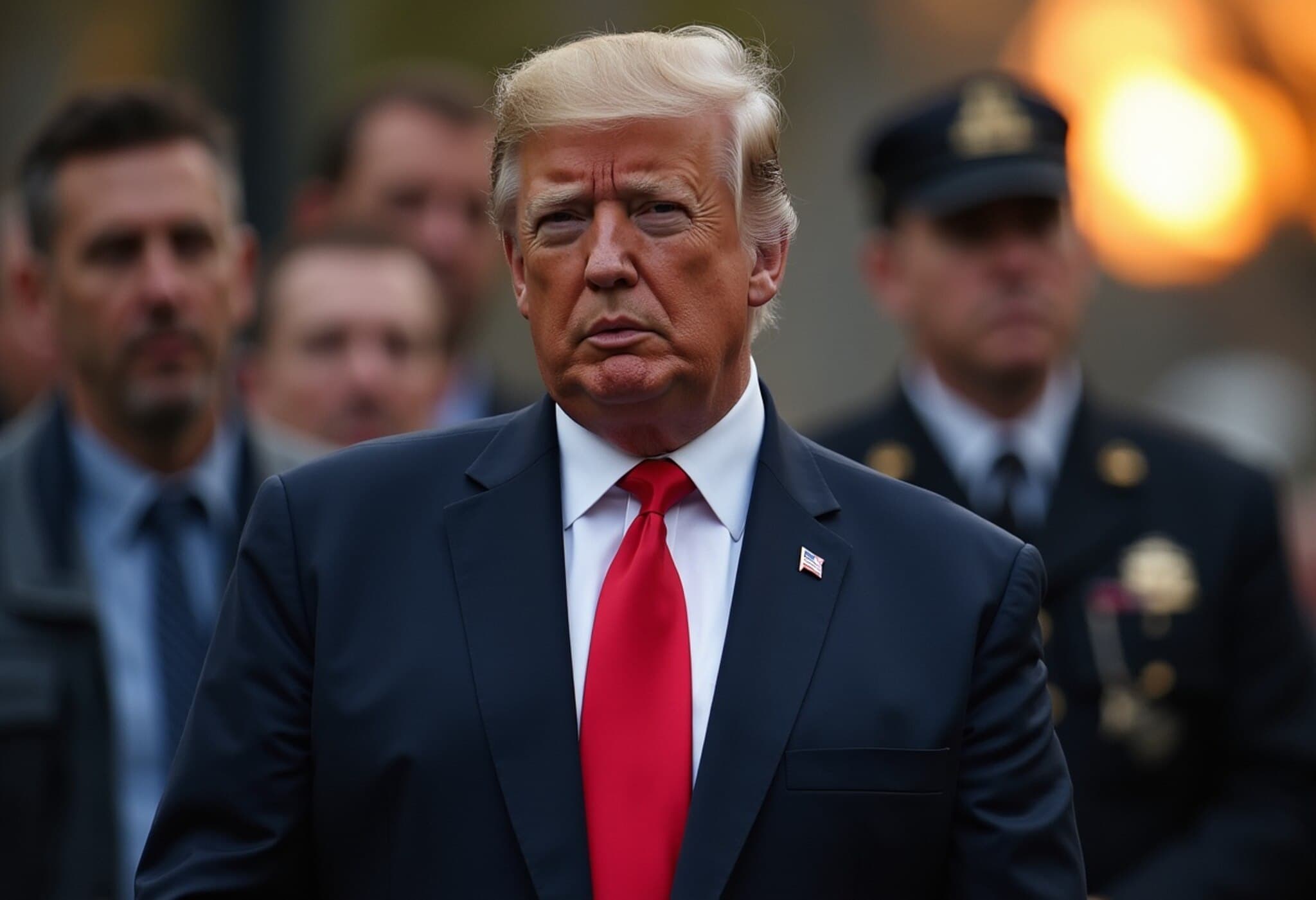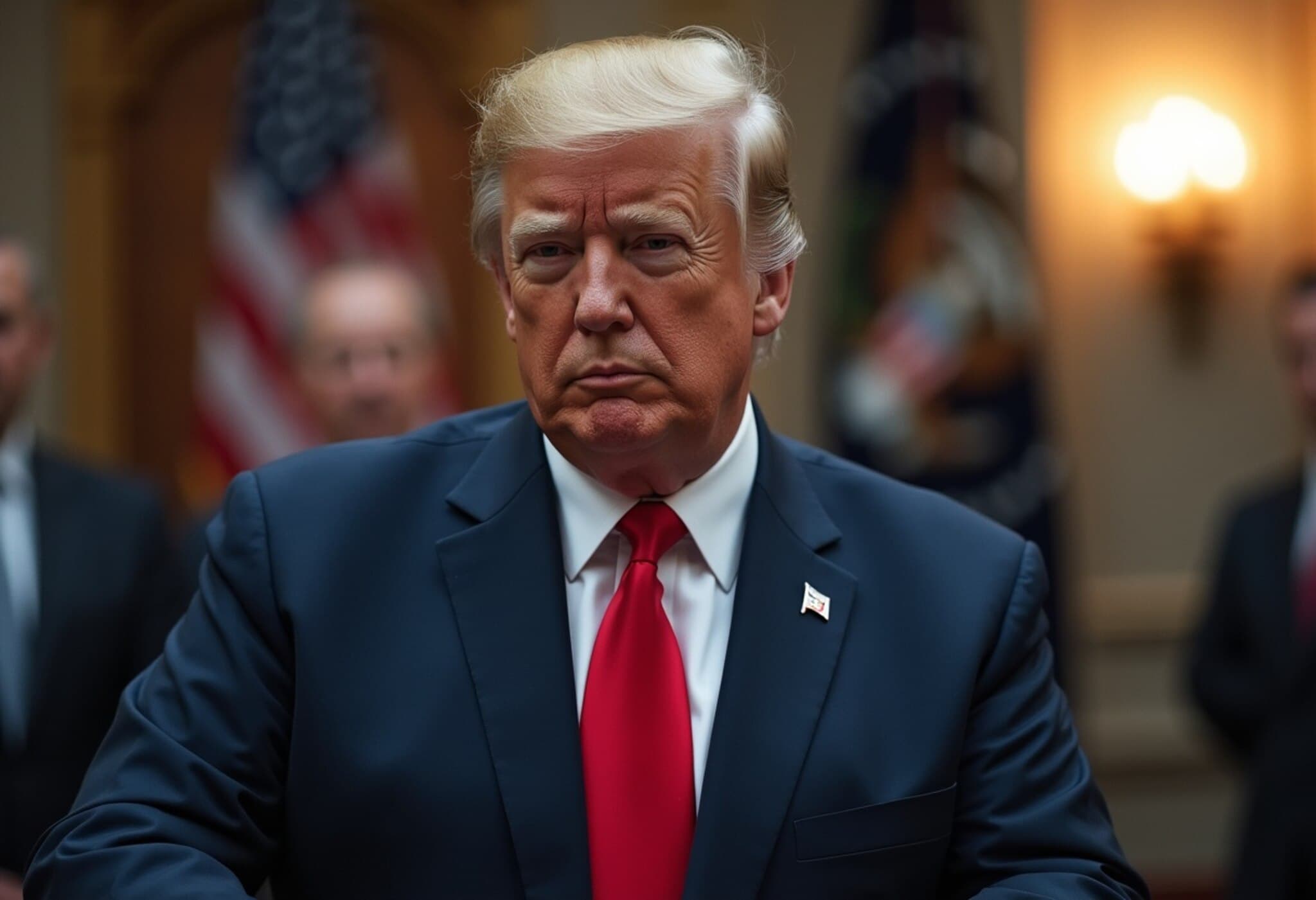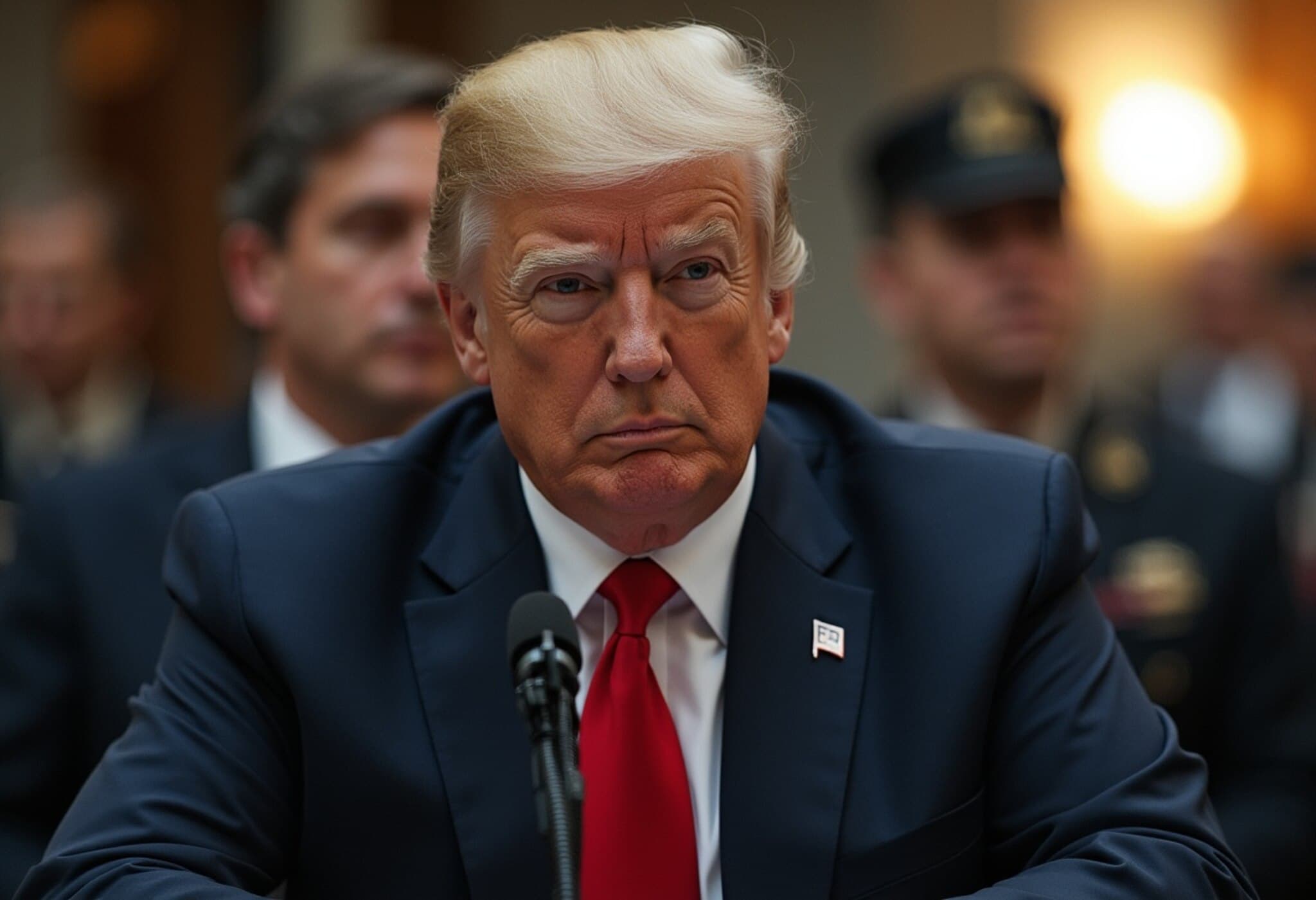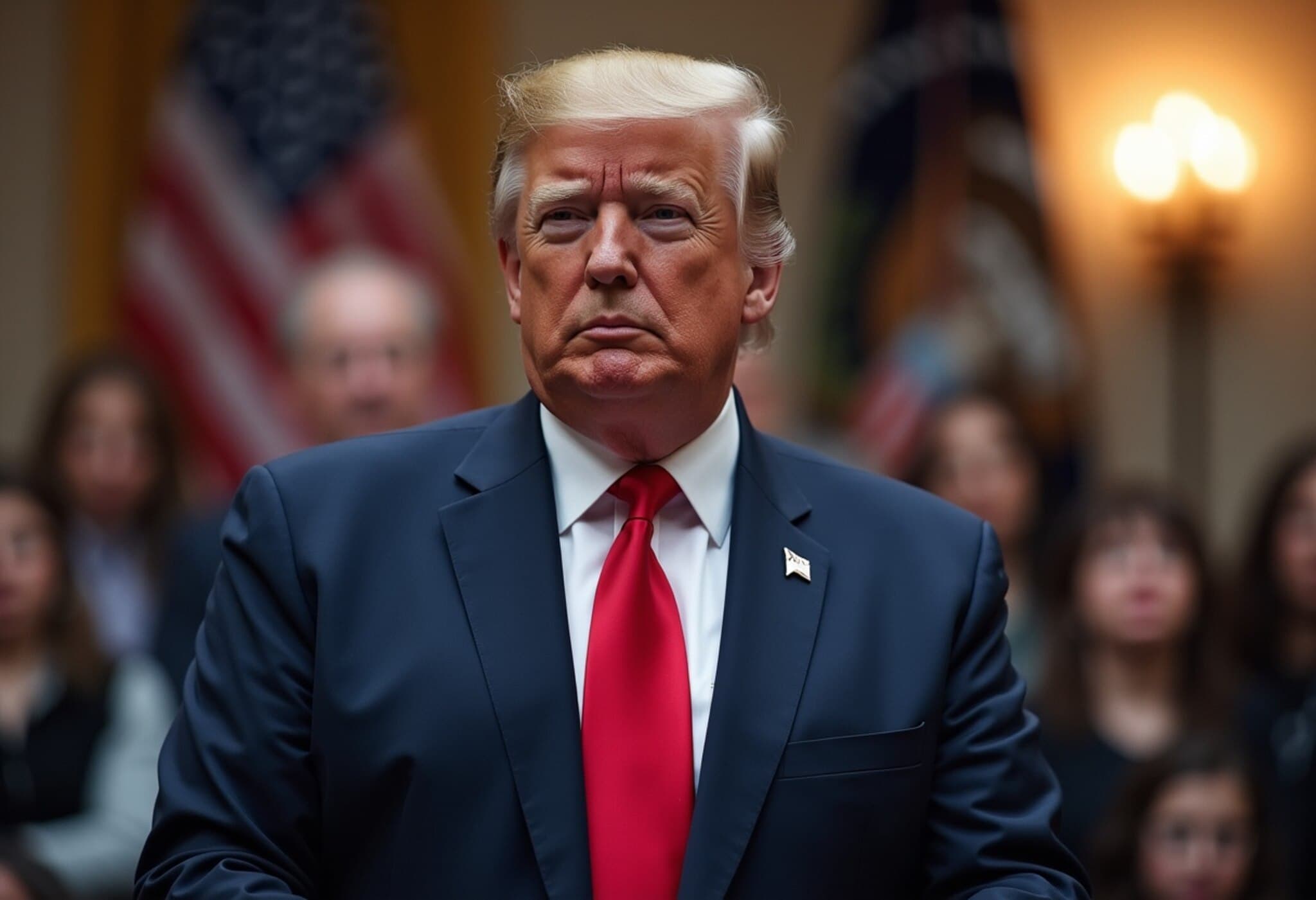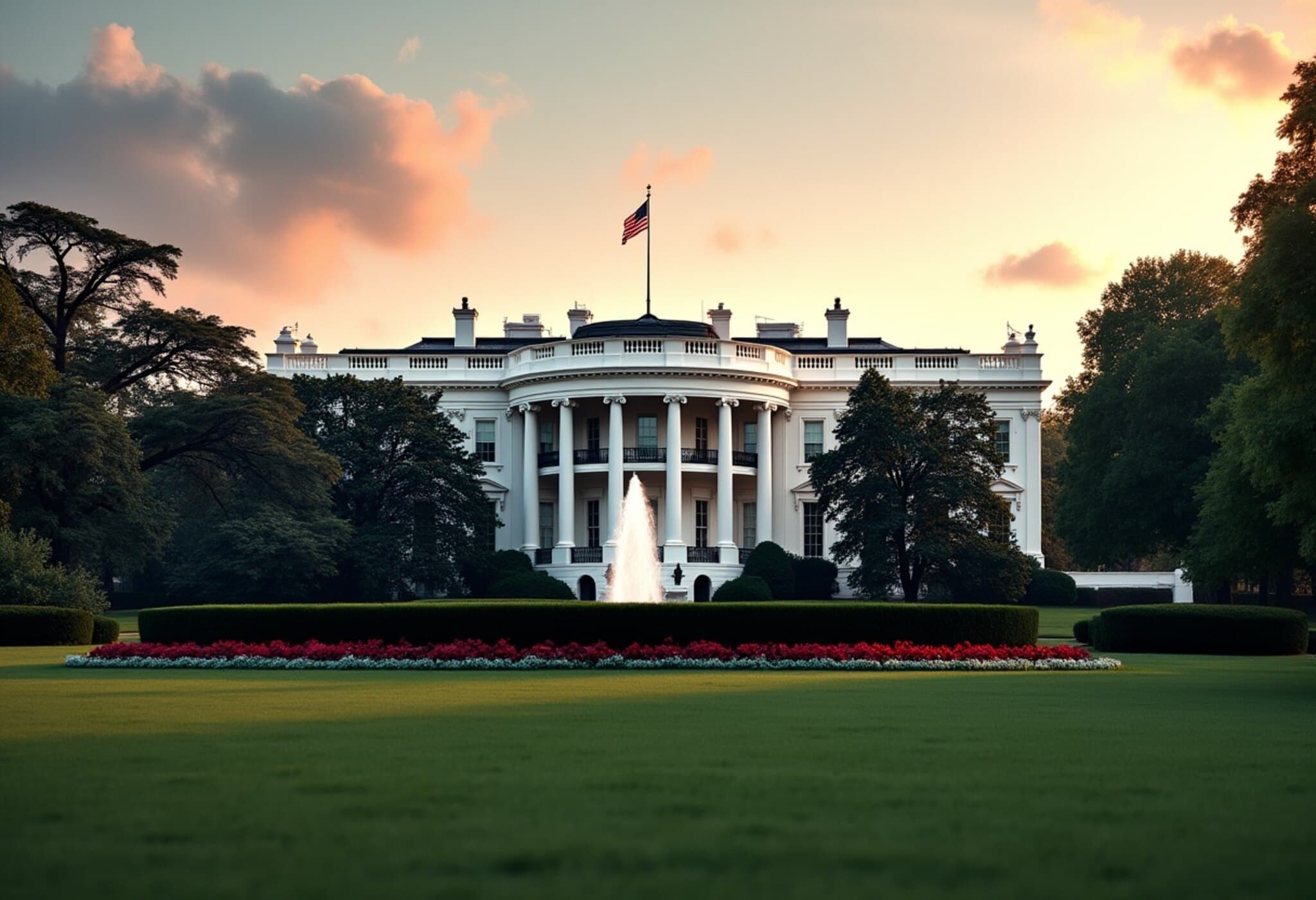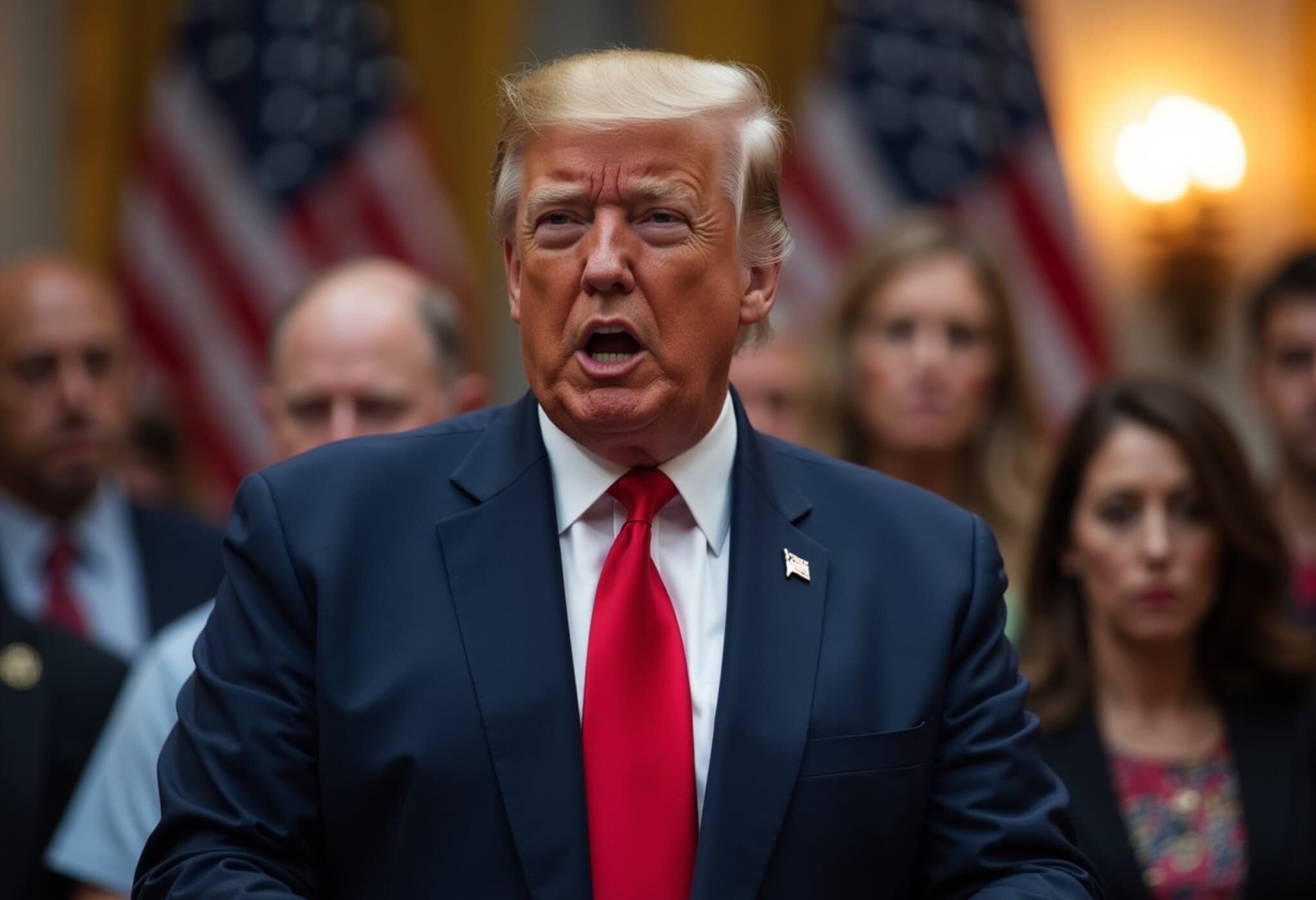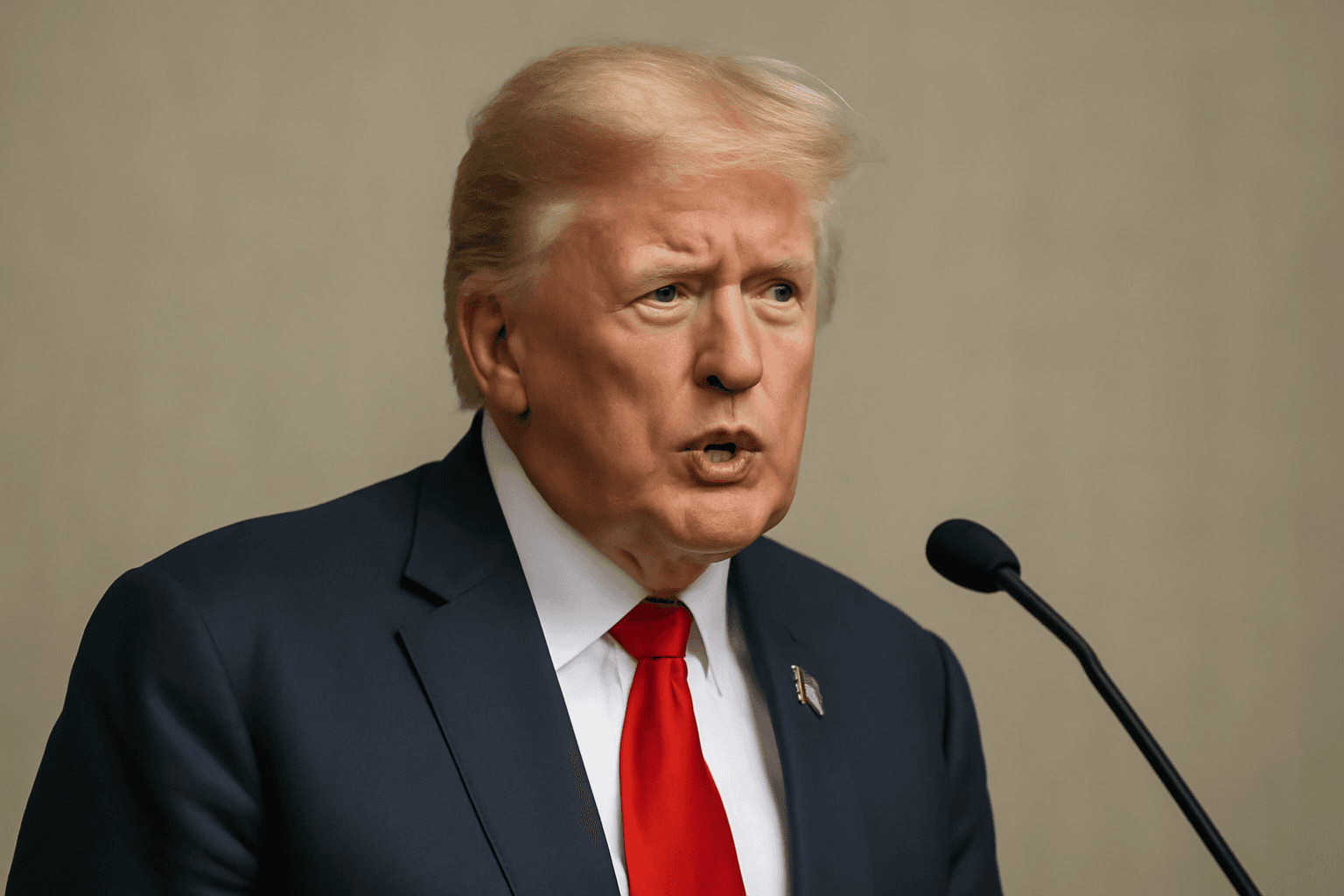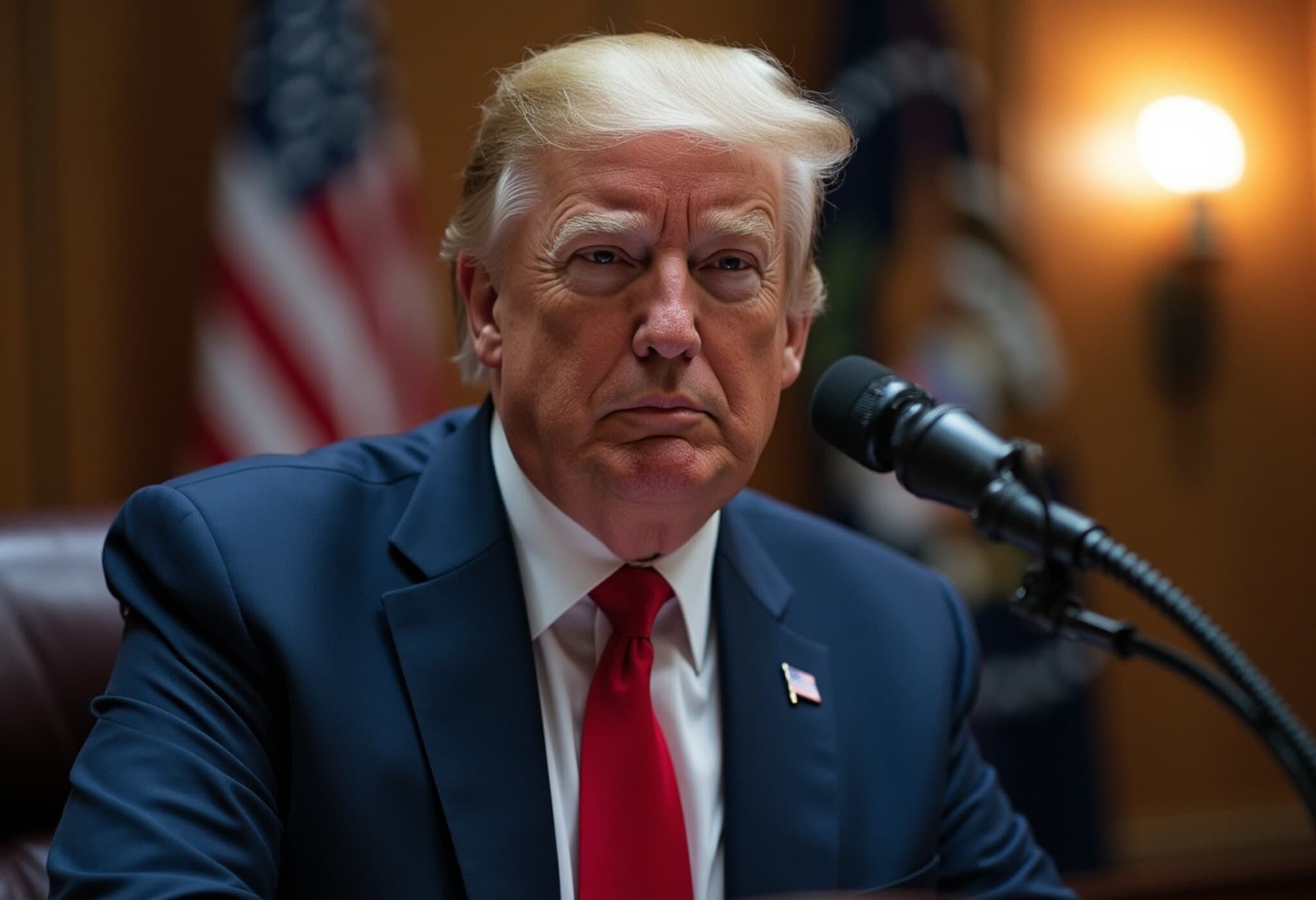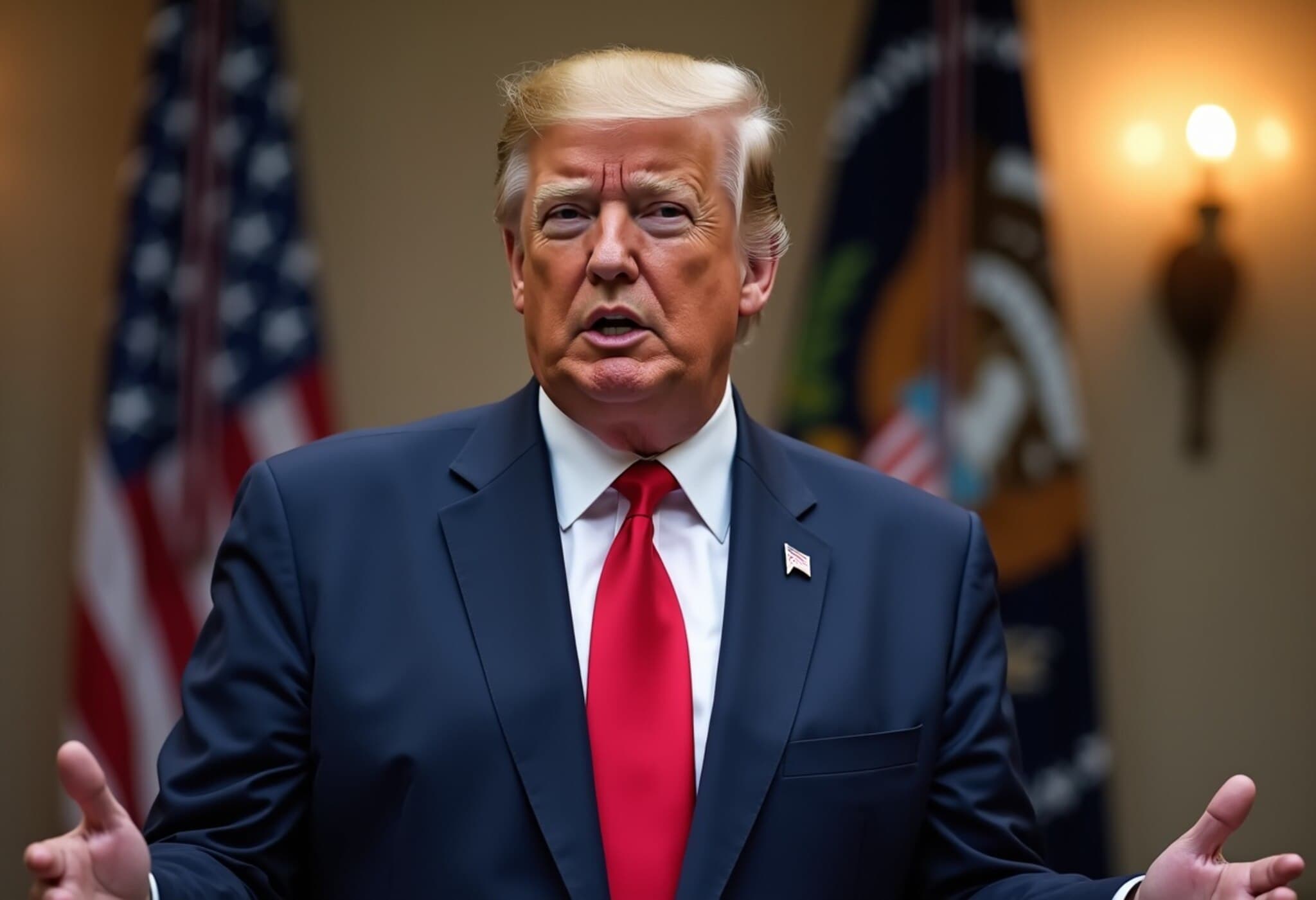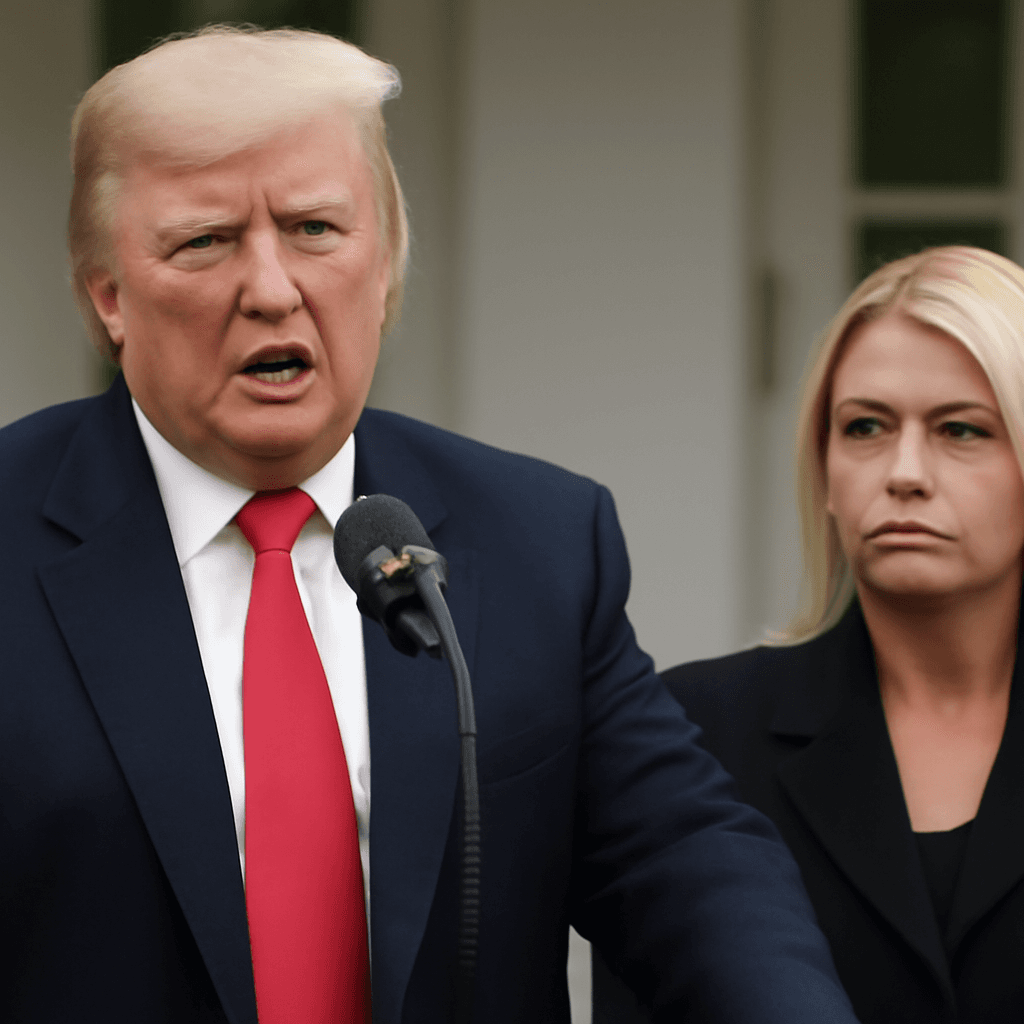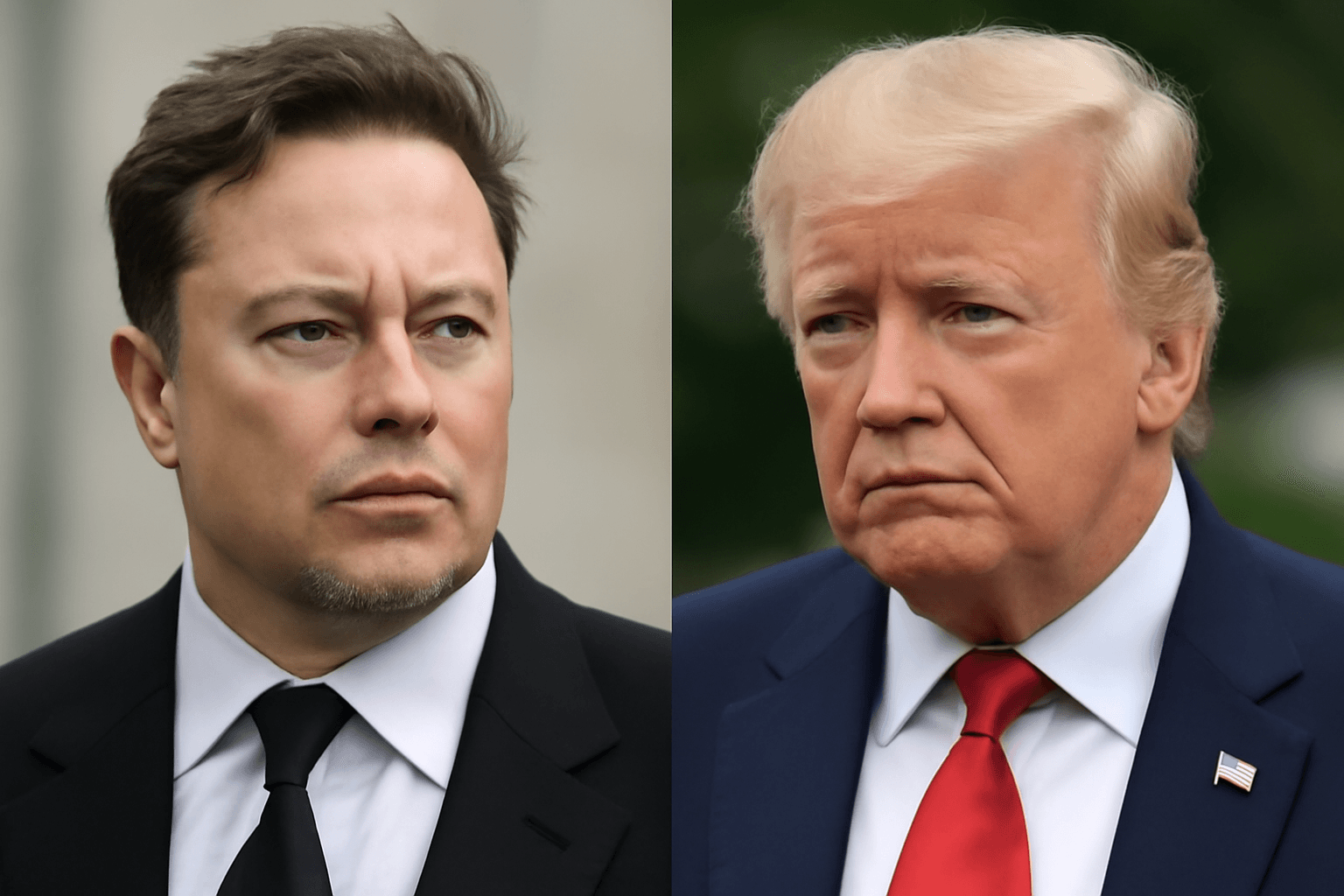Epstein’s Haunting Presence in Trump’s Political Narrative
As the 50th anniversary of Steven Spielberg’s blockbuster Jaws is celebrated in 2025, it is not a great white shark that dominates American political drama, but the specter of Jeffrey Epstein, a convicted sex offender whose dark legacy continues to cast long shadows over former President Donald Trump. Just as the ocean’s depths concealed the menacing predator in Jaws, Epstein’s associations and controversies lurk beneath the surface of Trump’s carefully managed public image, threatening to unravel the narrative the former president has sought to control.
Trump’s Tumultuous Relationship with Epstein’s Legacy
Historically, Trump has presented himself as the master of his political storyline, cultivating a persona of strength and control. Yet the Epstein saga signals a notable loss of grip. Recent reports, including those from The Wall Street Journal, have unveiled previously unknown details, such as a risqué birthday letter Trump allegedly sent Epstein in 2003, featuring a suggestive doodle and cryptic well wishes. These revelations arrived amidst disclosures that Justice Department officials reviewed a substantial trove of Epstein-related documents mentioning Trump multiple times. Although these references do not imply wrongdoing, their mere existence complicates Trump’s position.
The Justice Department’s Closure and Its Fallout
The timing is critical. In July 2025, the Trump-led Justice Department issued a terse two-page memo announcing the conclusion of the Epstein investigation, stating that no definitive "client list" of accused men involved in sex trafficking was uncovered. For many in the MAGA base, who had pinned their hopes on Trump to dismantle what they perceive as a corrupt establishment, this announcement was a bitter pill.
Reacting fiercely to the backlash, Trump castigated dissenting supporters as "stupid" and "foolish" for buying into what he dubbed the "Epstein hoax," attributing the controversy to a conspiracy orchestrated by former President Obama, President Joe Biden, and "Radical Left Democrats." This attempt to shift blame and discredit critics underscores the internal strains within his movement.
Epstein, Trumpism, and the Complex Web of Conspiracy
Understanding the fallout requires delving into roots of Trumpism — a movement forged from anger over perceived betrayals such as the Iraq War and Wall Street impunity, and amplified by racially charged conspiracy theories like birtherism and overlaps with extremist beliefs, including QAnon.
Epstein sits at a crossroads of these undercurrents. A financier whose wealth and global connections prompted suspicion, Epstein’s 2008 plea deal appeared emblematic of a system rigged for the powerful. His mysterious death in 2019 propelled untold conspiracy theories, fueling suspicions about deep state cover-ups. For some MAGA supporters, Epstein’s case represented a potential cudgel to attack their perceived enemies; instead, the closure of the investigation felt like a betrayal.
The Contradictions at the Heart of Trumpism
- A billionaire as the working-class hero: Trump’s rise required supporters to overlook his elite connections and questionable past, including his reported association with Epstein and his own documented sexual misconduct.
- Fringe conspiracy to mainstream politics: QAnon and similar conspiracies helped drive Trump’s ascendancy, blurring lines between fact and fiction.
- Hatred as a political glue: Trumpism thrives on animosity toward political adversaries — from Obama to Kamala Harris — a dynamic that reportedly undermined Trump’s bid for reelection when faced with a less demonizable opponent like Joe Biden.
Looking Ahead: What Epstein’s Shadow Means for Trump and the GOP
At a crucial moment in American politics, the Epstein controversy exposes fissures inside the Republican base and challenges Trump’s narrative control. It begs larger questions about accountability and the political cost of aligning with figures entwined in scandal. Will Trump’s combative approach to quell dissent within MAGA voters succeed, or will Epstein’s lasting shadow further erode his influence?
Expert Insight
Nick Bryant, former BBC Washington correspondent and author of The Forever War: America’s Unending Conflict with Itself, highlights how Epstein symbolizes the paradox and fragility inherent in Trumpism — a movement blending populism, conspiracy, and contradiction. This episode offers a compelling case study in how unresolved issues of power and privilege continue to shape American politics and public trust.
Editor’s Note
The Epstein-Trump story reminds us that political narratives are never fully under anyone’s control, especially when intertwined with unresolved scandals and conspiracies. For American democracy, this saga serves as a cautionary tale about the dangers of unchecked power, the seductive allure of conspiracy theorizing, and the critical importance of transparency and accountability. Readers are encouraged to reflect on how these dynamics might influence future political developments and public discourse.

